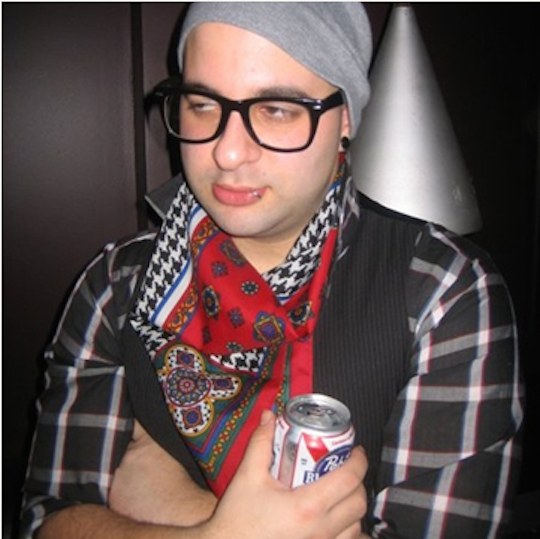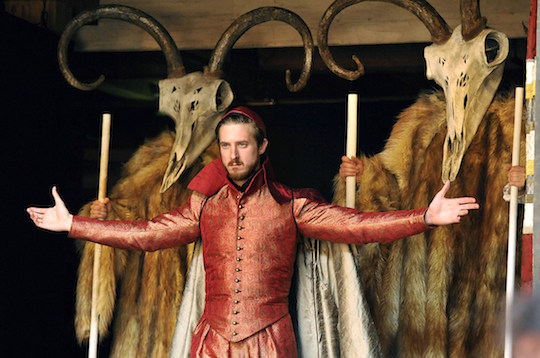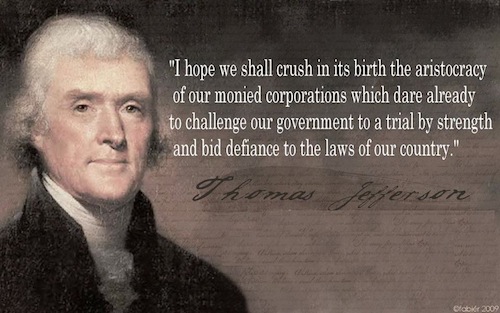The nonprofit Educational Testing Service has released the results of its 2012 Program for the International Assessment of Adult Competencies among millennials, and the United States appears to be in trouble. American millennials ranked dead last in numeracy, behind Poland and the Slovak Republic in literacy, and second-to-last in “problem solving in technology-rich environments.” That third category finally gives the lie to “at least they know how to use computers.” It appears that American millennials don’t know how to do much of anything, despite achieving higher overall levels of education than any generation in history. Wrestling with declinism after the jump.
Tag Archives: students
Gannett lays off pros, will charge journalism students to write
Obviously, we must save the newspaper industry. There’s no free and robust public debate without reporting, and there’s no reporting without pulping trees, printing stories on them and driving those broadsheets around the country. Websites are no substitute. Okay—they’re a substitute in that they’re putting print news out of business, but that doesn’t mean we could get the same journalism without physical distribution. It’s called the newspaper, not the news writers, and for that reason the paper itself must survive. That’s why the Great Falls Tribune has reorganized its newsroom and laid off John S. Adams, the best political reporter in Montana. It’s also why Gannett—owner of the Tribune and the Newsquest family of papers in the UK—has a new plan to charge journalism students to write for its publications.
Elizabeth Drew on how an election feels fair
For a publication staffed entirely by nerds, the New York Review of Books sure is fired up about democracy. Their coverage of Occupy Wall Street is far better than that of any traditional news outlet—by comparison, the Times appears to have closed its office in New York—and their vituperation of Super PACs is only slightly less comprehensive. This weekend, Elizabeth Drew published this consideration of whether the 2012 election can possibly be fair. “Will the presidential election reflect the will of the people?” she asks, presumably rhetorically. She follows with a more important question: “Will it be seen as doing so—and if not, what happens?”



